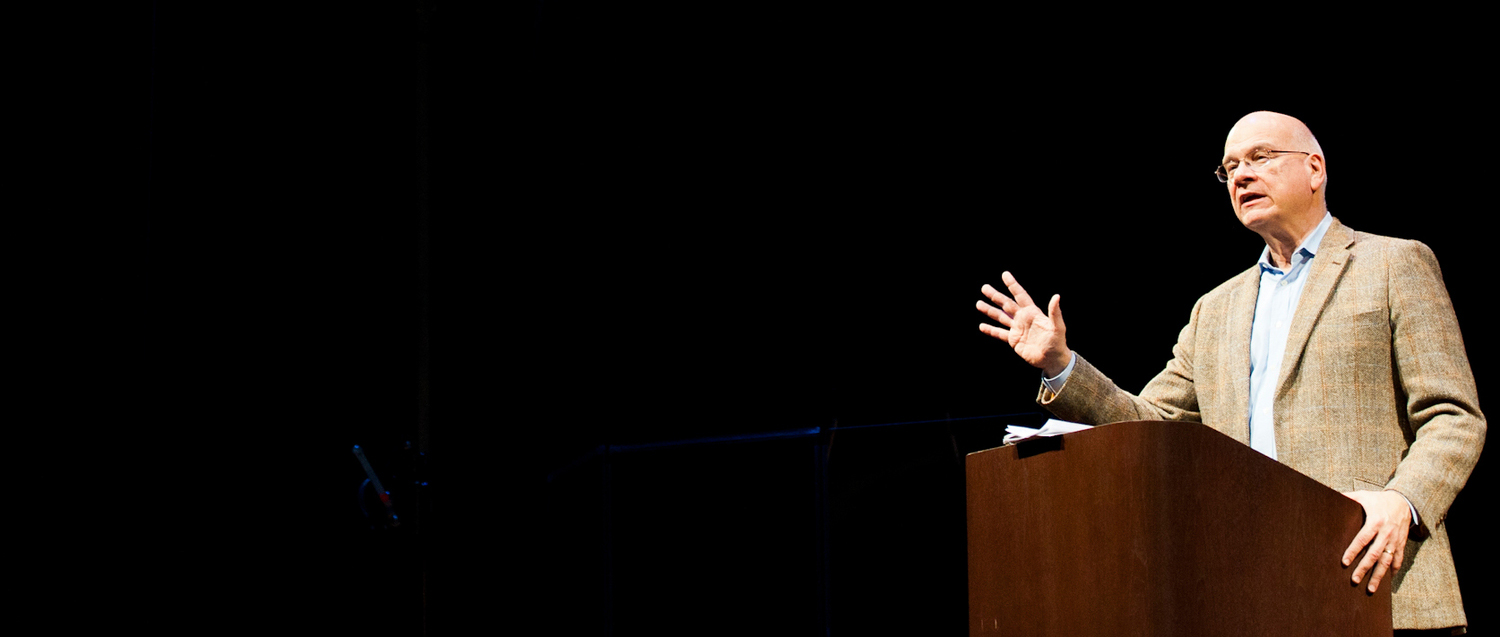Andy at ThinkChristian pointed out this fascinating article by Joseph Bottum, editor of First Things, in which he argues that the death of others is the foundation for our political existence.
Login to read more
Sign in or create a free account to access Subscriber-only content.
Topics:
